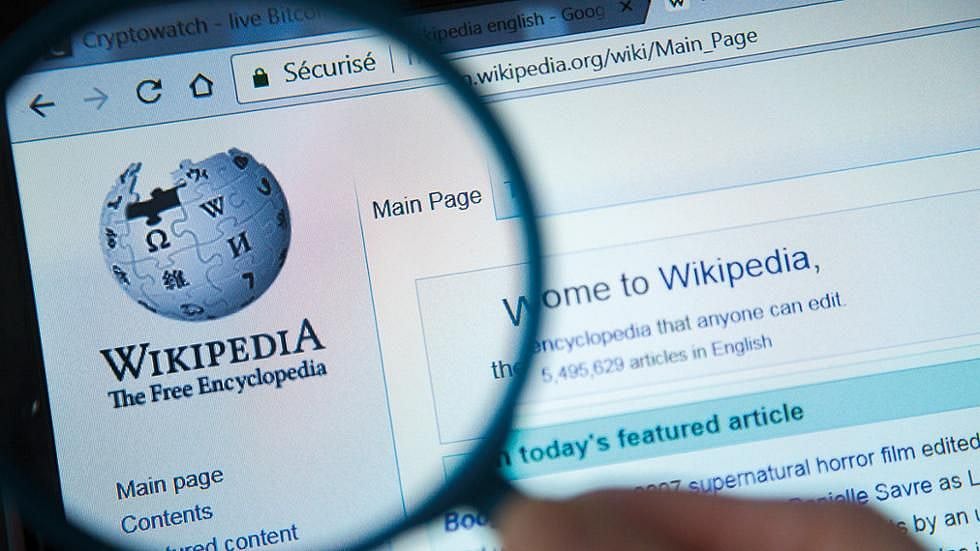From clicks to chat: Why Wikipedia sees fewer visitors in the AI era
AI answer engines now supply facts without clicks — eroding Wikipedia’s human traffic base

Wikipedia is reporting a meaningful fall in human page-views as AI chatbots and search summaries increasingly intercept user queries before they reach the site, according to the Wikimedia Foundation and multiple independent analyses.
In interviews and public statements, senior staff said the fall is not a statistical artifact but a behavioural shift in how people now consume knowledge online. The clearest evidence is an 8% year-on-year drop in verified human traffic after bot traffic was stripped out.
The decline became visible only after the Foundation tightened bot-classification rules. That followed what first looked like a surge from Brazil in mid-2025 but later proved to be largely automated traffic. Once filtered, editors could see the underlying trend: humans are visiting less.
Executives and outside analysts attribute the drop to structural shifts. Modern search behaviour is now mediated by AI answer engines—such as ChatGPT and Google’s AI overviews—which paraphrase or compress information sourced from data sets that include Wikipedia, but present it directly to users without requiring a click-through. “Search engines are increasingly using generative AI to provide answers directly to searchers rather than linking to sites like ours,” Marshall Miller, a senior product lead, said in remarks cited by Observer.
A second driver is demographic: younger users are bypassing text-heavy pages and sourcing explanation from social video or short-form feeds instead. The Indian Express reported Wikimedia officials linking the softness in page-views not only to AI but also to a behavioural migration to TikTok, Instagram and similar platforms.
The paradox is that Wikipedia remains foundational to how information circulates. AI systems are trained on its corpus and refresh from it, yet that same mediation removes the incentives that once sustained the site: visits, volunteer editors, donations and the cultural habit of “clicking through to the source” before citing. Gizmodo summarised the tension bluntly: “AI is killing Wikipedia’s human traffic,” while still consuming it.
Wikimedia says it is responding on three fronts: better bot accounting, talks with large platforms on attribution and linking, and youth-facing engagement to recruit new editors. Livemint reported the Foundation is also studying how to secure credit and visibility as AI systems intermediate more of the open Web. For now, the traffic loss is not existential—Wikipedia continues to rank among the world’s largest sites—but the slope is new and, if unarrested, could weaken the volunteer and funding loop that keeps the encyclopedia current and free.
Network Links
GN StoreDownload our app
© Al Nisr Publishing LLC 2026. All rights reserved.